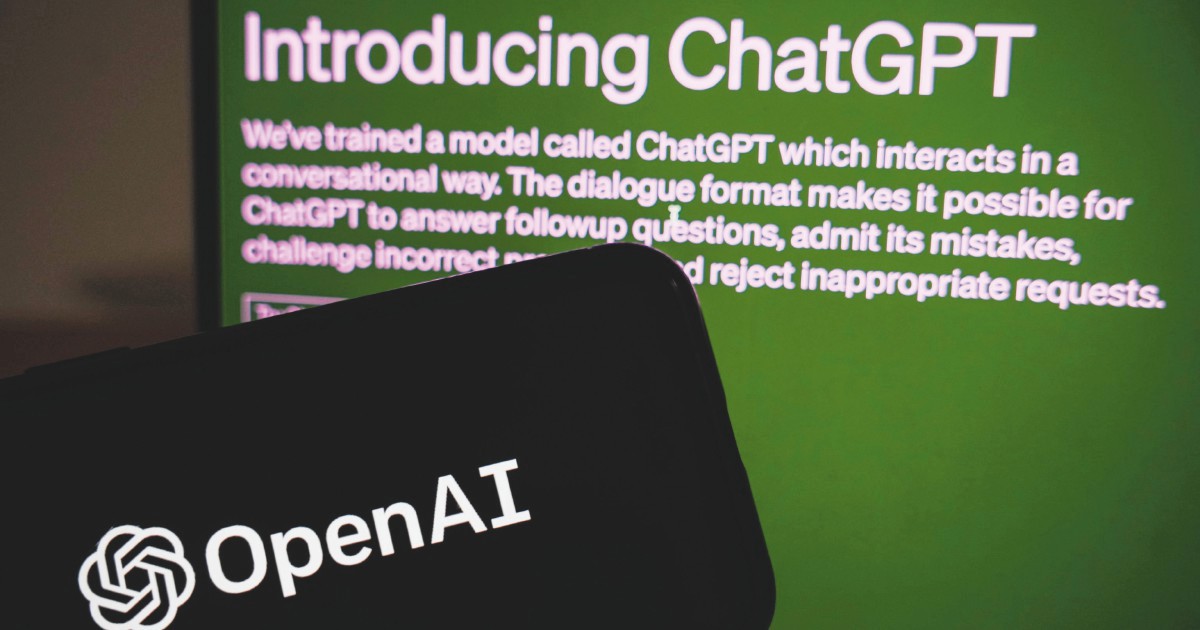Last week OpenAI, parent company of the artificial intelligence system ChatGpt, has changed the policies for using its services to open up the possibility of employment in the military sector. The change was made in a discreet manner, which is unusual for a company like that of Sam Altman, who is used to putting every little innovation in her research under the spotlight. The news was discovered first by the investigative newspaper The Intercept.
Until January 10, Open Ai’s decalogue of rules explicitly prohibited the use of its products for “weapons development” and for “military activities and warfare”. Now this second item has disappeared, and the one regarding use in armaments has been reformulated in a general chapter as follows: “Do not use our services to harm yourself or others. For example, do not use our services to promote suicide, develop or use weapons”. Since January 2024, the company has opened the possibility of installing third-party services (i.e. plug-in apps) in the ChatGPT software (as happens on all web browsers) for paying subscribers.
Heidi Khlaafcybersecurity expert from the US company Trail of Bits, told The Intercept: “The potential and risks of AI in the field of security are significant. Given the well-known cases of biases and hallucinations present within large language models (such as ChatGpt, ndr) and their general lack of accuracy, the use of these systems in a system warfare can lead to inaccurate and partial operations which risk increasing damage and civilian casualties”.
However, OpenAI’s goal is not to develop weapons tools, nor are there any direct applications of ChatGPT in the field of armaments. The choice is driven more than anything by the need to open up to the rich US Defense sector, which is not limited to war production, but ranges from the study of the climate to aerospace research. The US “military-industrial complex” is in fact an important customer for the main American Big Tech companies, from Microsoft a Google a SpaceX by Elon Musk. After such a remarkable and rapid rise thanks to its flagship software, ChatGPT, everything suggests that OpenAI wants to join the club.
Sam Altman’s company has already worked with the Department of Defense Usa, in the IT security sector. To the American magazine specializing in technology TechCrunch a spokesperson for OpenAI thus justified the choice: “It was unclear whether these beneficial use cases would be permitted under ‘military’ terms in our previous policies. Therefore, the goal of our policy update is to provide greater clarity and make these discussions possible.”
